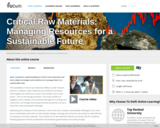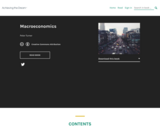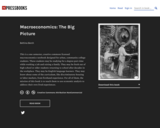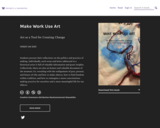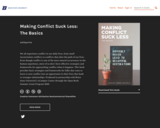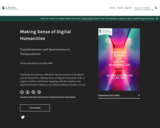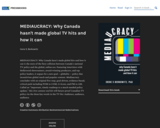
Short Description:
MEDIAUCRACY: Why Canada hasn't made global hits and how it can is the story of the fiery collision between Canada's national TV policy and the global, online era. Featuring interviews with Hollywood showrunners, award-winning producers, and top policy leaders, it argues for a new goal -- globality -- policy that incentivizes global reach and popular content. Mediaucracy concludes with an original five-step, goal-driven, evidence-based, critical path including POM to COM, G-Score, and PM to AM. Called an "important, timely roadmap to a much-needed policy update," this 21st century tool kit will future-proof Canadian TV policy via the three key words in the TV biz: Audience, audience, audience.
Long Description:
MEDIAUCRACY: Why Canada hasn’t made global hits and how it can is the untold the story of the collision between Canada’s national TV policy and the global, online era. It argues for a new goal — globality — TV policy that incentivizes global reach and popular content. The book makes it case with interviews with top-tier creators, executives, and policy makers; an authoritative value chain analysis; a review of TV policy around the world; and a comprehensive history of Canadian TV policy, including Canada’s 4 recent federal inquiries on the same issue — the impact of digital disruption. MEDIAUCRACY concludes with an original five-step, goal-driven, evidence-based, critical path including POM to COM, G-Score, and PM to AM. Called an “important, timely roadmap to a much-needed policy update,” this 21st century tool kit will future-proof Canadian TV policy via the three key words in the TV biz: Audience, audience, audience.
Word Count: 68024
ISBN: 978-1-77417-023-6
(Note: This resource's metadata has been created automatically by reformatting and/or combining the information that the author initially provided as part of a bulk import process.)
- Subject:
- Business and Communication
- Communication
- History
- Social Science
- Sociology
- Material Type:
- Textbook
- Provider:
- Toronto Metropolitan University
- Author:
- Irene S. Berkowitz
- Sandy Pearl
- Date Added:
- 05/17/2021


